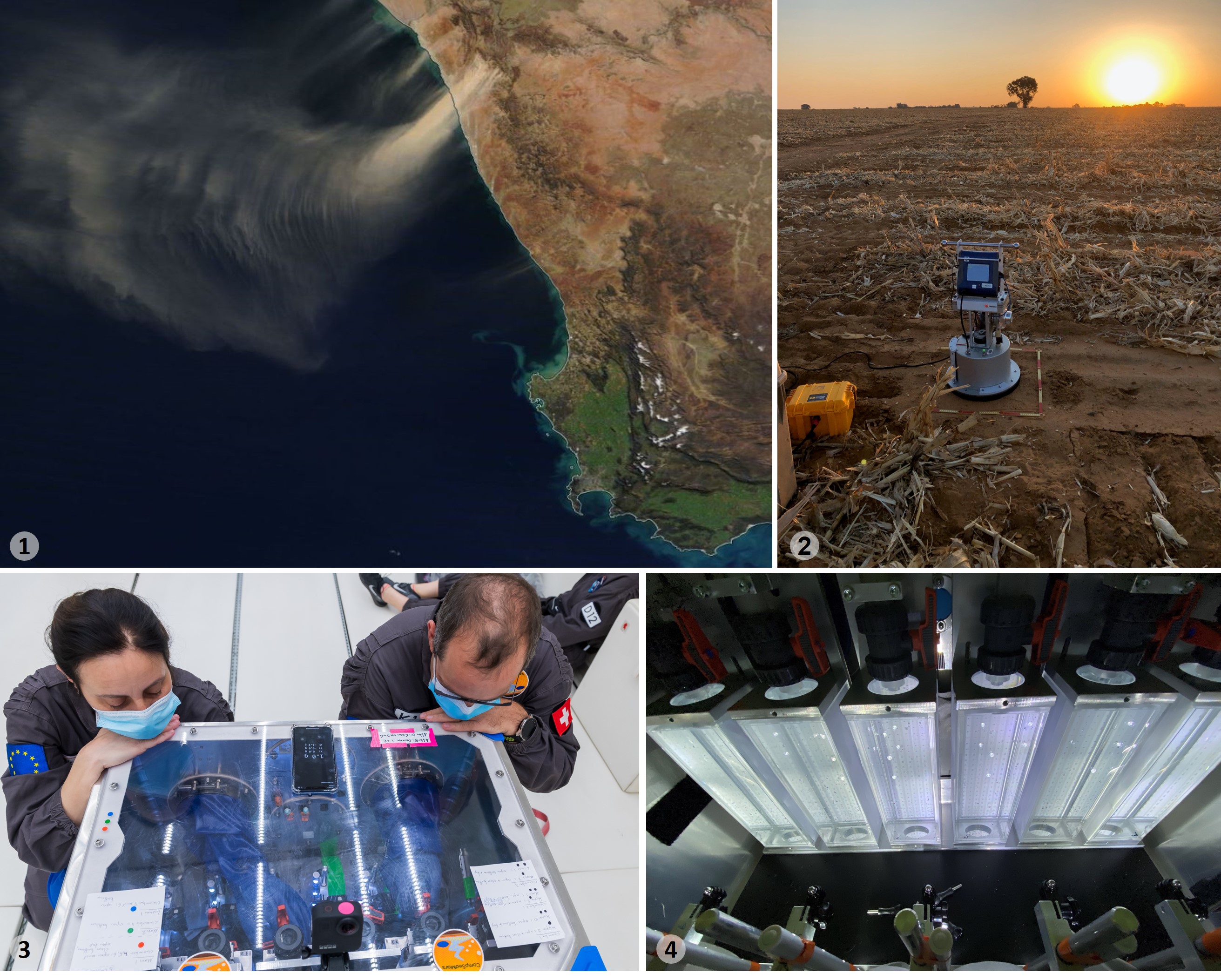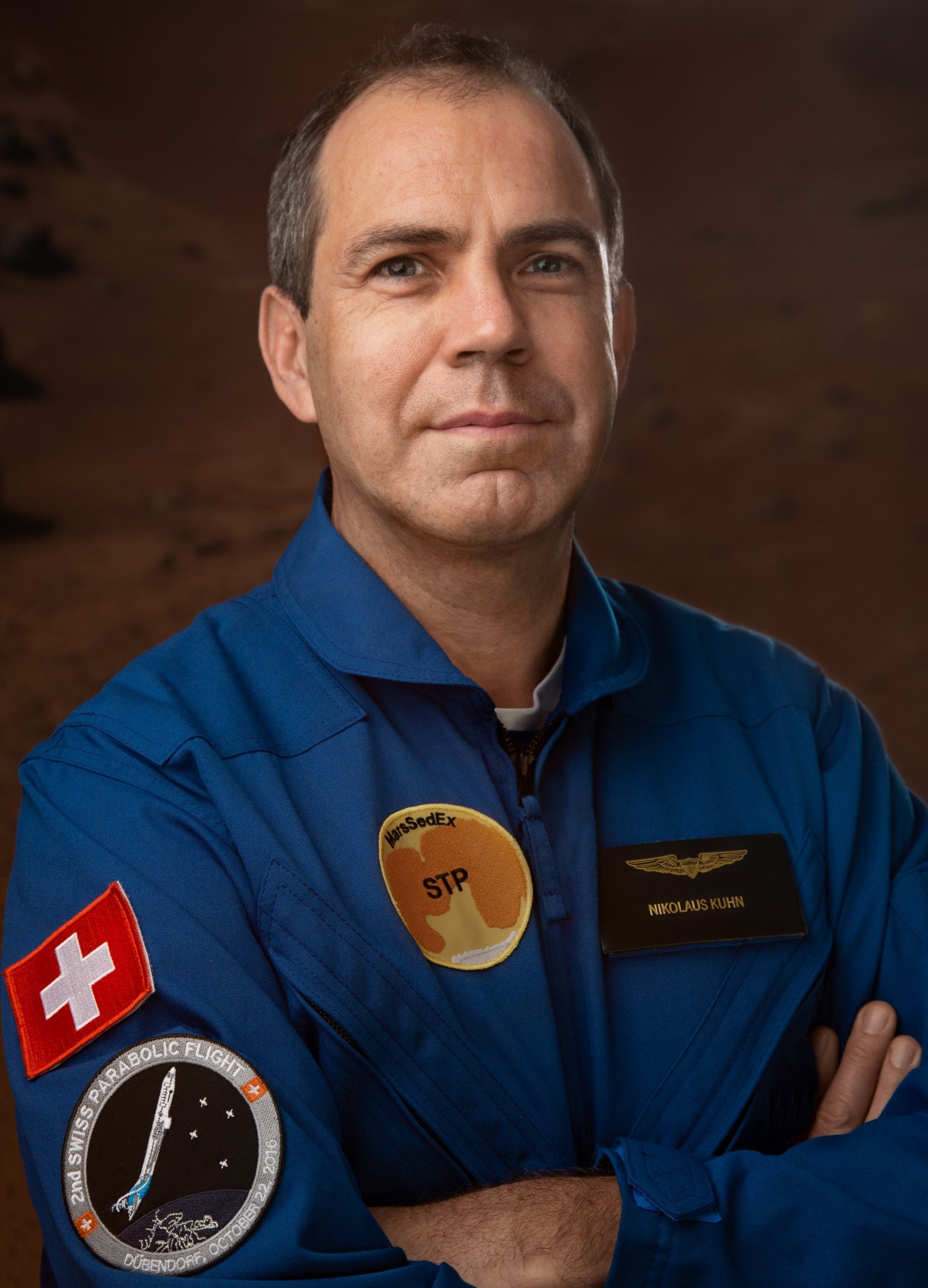Connecting Process and Planet

Global environmental change is not a single process, but the sum of many, mostly human-induced, direct and indirect changes of land, vegetation, water and atmosphere. Understanding the global impacts of individual human activities is therefore an essential task of geographers. Our research therefore focuses on unravelling the chain of reaction humans initiate at Earth’s surface when changing its use and to identify the local, regional and global impact of these changes. To achieve this aim, our group combines the use of surface process monitoring, experimental geomorphology and remote sensing across scales of millimetres to millions of square kilometres. A major project that illustrates this combination of approaches is the study of dust emissions across southern Africa. Dust has major implications for climate, human health and global nutrient fluxes (Figure 1). Besides, the fine particles that form the dust aerosols often cause a loss of land productivity in the source areas. While wind as a driving force is a rather constant factor, small changes in soil moisture, surface roughness of vegetation cover can either diminish or significantly increase such emissions. Our research therefore aims at understanding the cause and impact of small changes of surface properties (Figure 2) on dust emissions and their global implications. We take similar approaches when studying sediment fluxes and surface-atmosphere Carbon exchange on Earth, vegetation change caused by global warming or the relevance of gravity on erosion, transport and deposition of sediment on Mars.
Contact
|
|
Prof. Nikolaus J. Kuhn, PhD Head of the Physical Geography and Environmental Change Research Group University of Basel Basel, Switzerland https://duw.unibas.ch/de/physiogeo/
|
